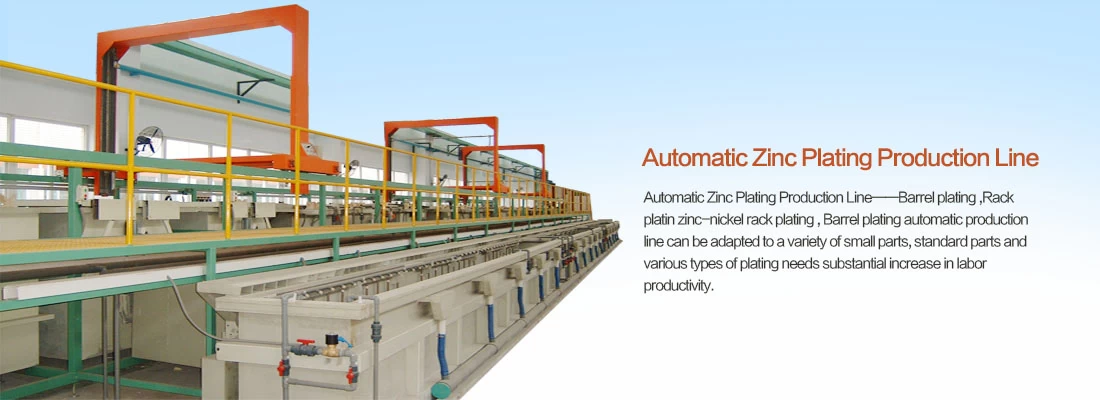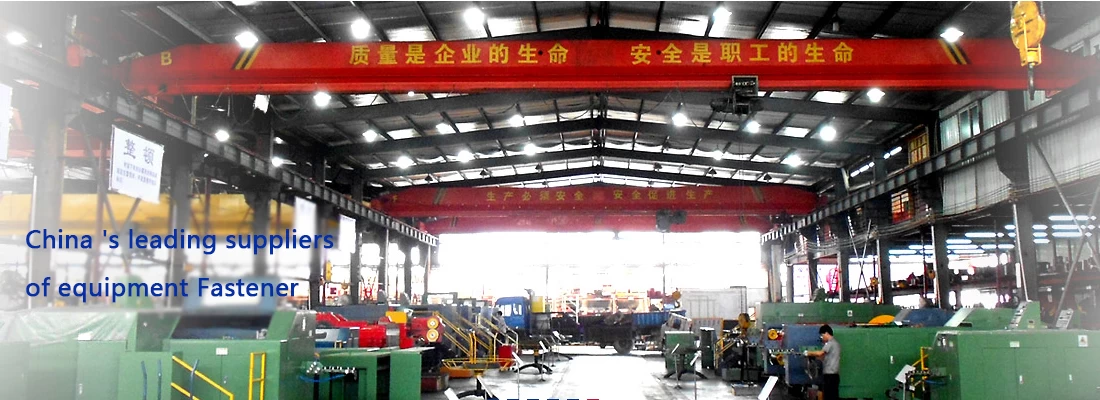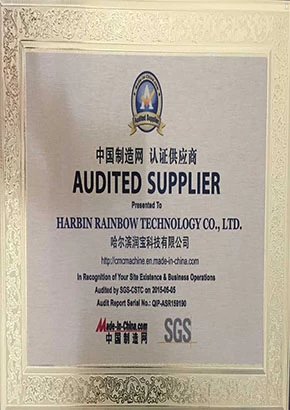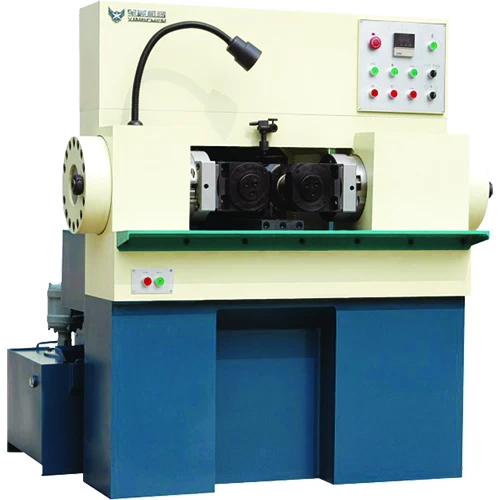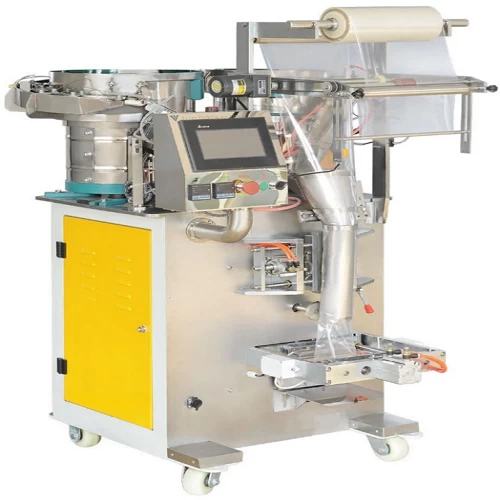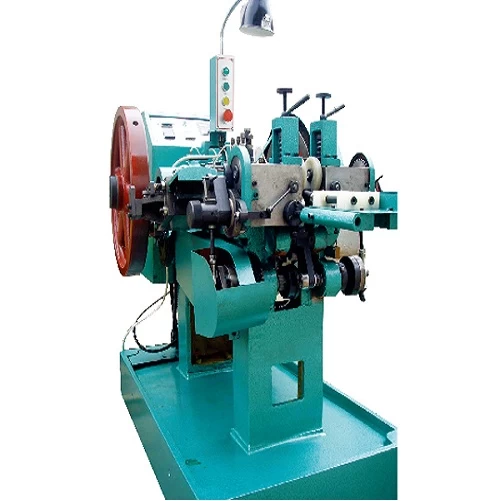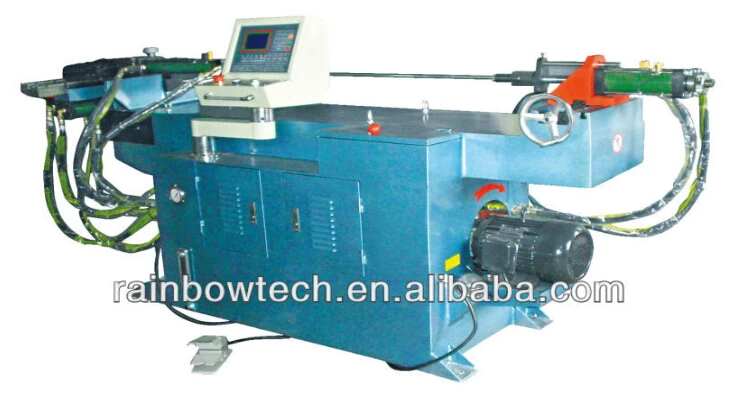What are the main surface treatment methods?
The commonly used surface treatment processes for fasteners include:
-
Galvanizing: Covering a layer of zinc on the surface of the fastener to provide corrosion resistance, oxidation resistance, and aesthetic benefits. Galvanizing can be achieved through electroplating or hot-dip galvanizing, and the latter has better corrosion resistance and is suitable for use in harsh environments.
-
Hot-dip galvanizing: The fastener is dipped into a zinc bath after pre-treatment to obtain a zinc layer with an average thickness of 65μm or more, which has better corrosion resistance and aesthetic properties. Therefore, hot-dip galvanizing is suitable for use in environments with severe atmospheric pollution, such as the marine and oilfield industries.
-
Nickel plating: Immersing the fastener surface in a solution containing nickel ions to form a uniform and dense nickel layer. Nickel plating can improve the corrosion resistance, heat resistance, and wear resistance of fasteners, making it suitable for use in harsh environments requiring high temperature, pressure, and strong corrosion resistance.
-
Chrome plating: Immersing the fastener in a solution containing chromium ions to form a durable and dense chrome layer on the surface. The chrome layer has good corrosion resistance, oxidation resistance, and can increase the fastener hardness, making it suitable for use in high-corrosion, high-temperature, high-pressure environments.
-
Phosphating: Immersing the fastener surface in a solution containing phosphate to form a uniform phosphate layer. The phosphate layer increases the surface hardness, wear resistance, and corrosion resistance of the fastener, and acts as a lubricant, making it suitable for use in high load, high-pressure environments.
-
Anodizing: A surface treatment process suitable for aluminum alloys, magnesium alloys, and other materials. The fastener is immersed in an electrolyte solution, and an dense oxide layer is formed on the surface through electrode reaction, which enhances the surface hardness and wear resistance of the fastener, and can also prevent corrosion.
The commonly used surface treatment processes for fasteners include:
-
Galvanizing: Covering a layer of zinc on the surface of the fastener to provide corrosion resistance, oxidation resistance, and aesthetic benefits. Galvanizing can be achieved through electroplating or hot-dip galvanizing, and the latter has better corrosion resistance and is suitable for use in harsh environments.
-
Hot-dip galvanizing: The fastener is dipped into a zinc bath after pre-treatment to obtain a zinc layer with an average thickness of 65μm or more, which has better corrosion resistance and aesthetic properties. Therefore, hot-dip galvanizing is suitable for use in environments with severe atmospheric pollution, such as the marine and oilfield industries.
-
Nickel plating: Immersing the fastener surface in a solution containing nickel ions to form a uniform and dense nickel layer. Nickel plating can improve the corrosion resistance, heat resistance, and wear resistance of fasteners, making it suitable for use in harsh environments requiring high temperature, pressure, and strong corrosion resistance.
-
Chrome plating: Immersing the fastener in a solution containing chromium ions to form a durable and dense chrome layer on the surface. The chrome layer has good corrosion resistance, oxidation resistance, and can increase the fastener hardness, making it suitable for use in high-corrosion, high-temperature, high-pressure environments.
-
Phosphating: Immersing the fastener surface in a solution containing phosphate to form a uniform phosphate layer. The phosphate layer increases the surface hardness, wear resistance, and corrosion resistance of the fastener, and acts as a lubricant, making it suitable for use in high load, high-pressure environments.
-
Anodizing: A surface treatment process suitable for aluminum alloys, magnesium alloys, and other materials. The fastener is immersed in an electrolyte solution, and an dense oxide layer is formed on the surface through electrode reaction, which enhances the surface hardness and wear resistance of the fastener, and can also prevent corrosion.



